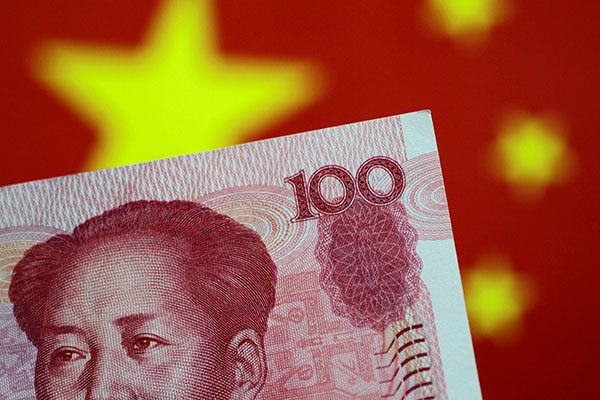During the first trading day of 2020, Asian markets took on the lead and most rallied out of the blocks last Thursday due to trade optimism. China further announced that its economy is improving after the country opened its financial markets to foreign investments.
After Washington and Beijing announced that they have agreed to the China-US trade deal and are about to initiate the signing of said agreement, investor confidence on Asian markets improved.
Last Thursday, it was reported that the easing tensions of the China-US trade agreement led to Shanghai and Hong Kong experiencing gains. After the People's Bank of China announced that it would lower the number of cash lenders and freed up about $100 billion worth of loans to small businesses, Asian markets flourished.
The said improvements were due to the improving economy of China that has been underperforming in the last three decades. According to personnel of the Commonwealth Bank of Australia Stephen Halmarick, "We expect the PBoC to continue to ease policy through 2020, trying to ensure growth remains around that six percent target," reported Bloomberg.
He also added that since China eased its monetary policies across Asia and the Pacific, it has improved the investor confidence that more foreign investments are coming into Asian markets.
Moreover, it was also showed that Shanghai's shares increase by 1.3 percent while Hong Kong's shares increased by one percent. Other countries such as Sydney also gained about 0.2 percent while Singapore also followed suit and increased by 0.3 percent. Similarly, Taipei and Jakarta's shares rose too. However, Tokyo's financial market remained closed for the rest of the week.
After US President Donald Trump announced that phase one of the trade deal would be finalized by January 15, 2020, dealers were reportedly relieved. The report claimed that they have been looking forward to Trump's visit to Beijing to initiate the deal. Before the announcement, traders and dealers showed their concern over a possible collapse if both China and the US would refuse to lower their tariff rates on imports.
Although most of the Asian markets improved during the first day of trading, South Korea's Seoul was down by 0.8 percent after its President Kim Jo Un declared a self-imposed moratorium. The report claimed the decline was due to the possibility that North Korea may resume missile tests that would adversely affect its financial markets.
Additionally, it was also revealed that the trade optimism of investors also led to the improvement of oil in financial markets. It was revealed that there were signs of a pick-up in the global economy after phase one of the trade deal completed. The report claimed that the traders are hoping that this would boost the demand for oil as well.





